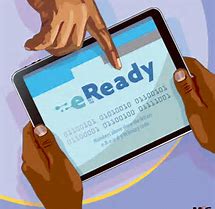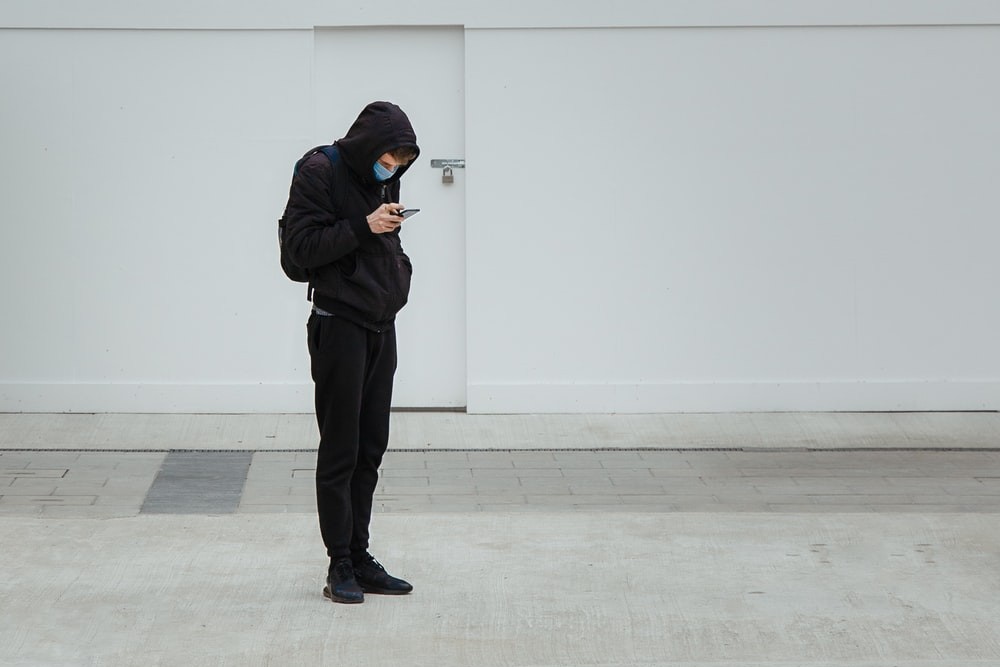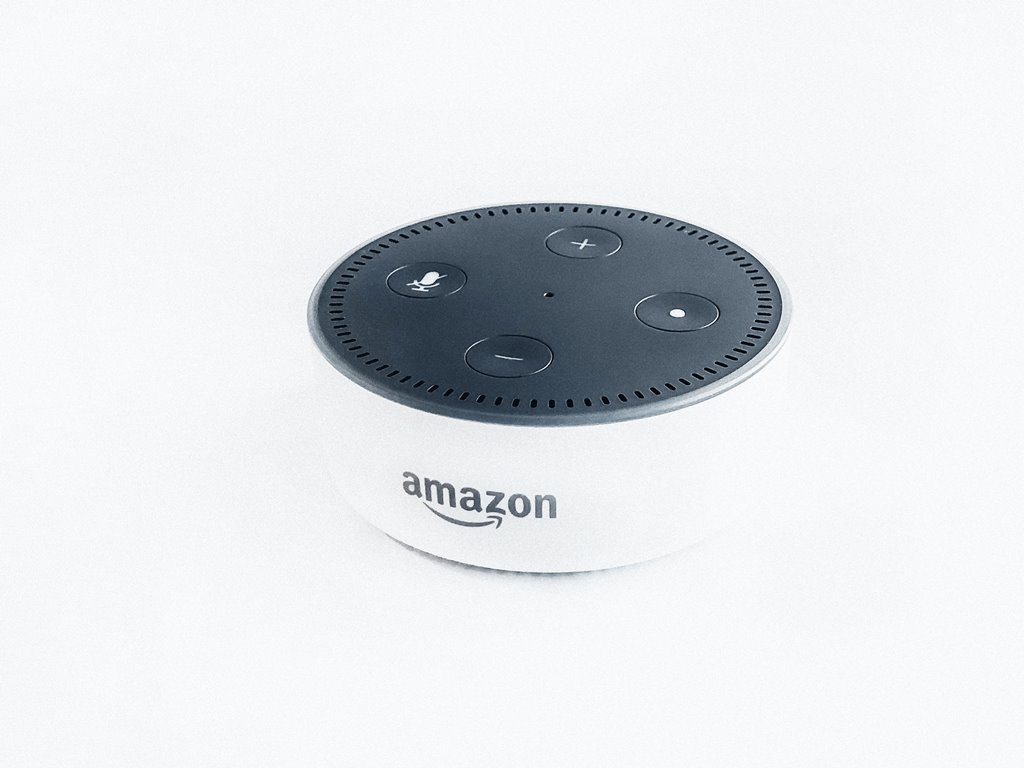An E-ready app has been created to evaluate education institutions’ ICT readiness in South Arica. The software is a project of the education department in tandem with schools’ commitment towards the delivery of competitive learning. The pilot phase for rolling out the usage of the app was set for March 2020, an exercise that has been postponed since the outbreak of COVID–19.
According to professor Darrelle Van from the University of Nelson Mandela, E–schools will be the trend more–so with uncertainties like viral outbreaks cropping up any moment. Professor Darrelle contributed towards the building of the software with inputs from the basic education ministry.
The South African Government has laid much emphasis on schools’ ability for e–learning with the delivery of free internet to every south African school by 2030. The importance of e–readiness has been recently hastened by the coronavirus outbreak that led to the disruption of normal schooling.
Darrelle pauses to remark that progress milestone is far from reach to the many South African schools. He reiterates that the E-ready app will form a critical stepping stone towards assisting institutions to embrace the new e–learning age.
E-ready app to be tested in 1000 schools
The piloting test for the E-ready app will be conducted in 1000 institutions in the 9 provinces with intentions of rolling out the app to each public school in South Africa. The application will be available for any individually-owned institution that deems itself fit.
The test project will create a test to identify whether institutions are e-ready. School heads will participate in the survey by filling out questions with Yes or No answers. The schools’ evaluation delves into the ’ ICT infrastructure, internet connectivity, administration, instructors’ capacity for ICT with results levels to gauging the answers from low to the advanced ability for ICT induction.
Students to be equipped with e-learning gadgets
The idea behind the pilot evaluation is to gauge the school’s preparedness for e–learning. Furthermore, every student is supposed to be equipped with a tablet. According to Sikwebu, a computer instructor at Link side High, there is no need to provide devices to students if their instructors are not properly equipped with skills in ICT. He adds further that the academies need to have electricity and proper internet connectivity.
Most learners are newbies in information communication technology and the first grade in ICT literacy is vital for the rolling out of the E-ready app program. Sikwebu reiterates that the E-ready app will contribute positively to both primary and tertiary education levels and drive technology to the rural towns of South Africa.
Mr. Sikwebu concludes by quipping that if the education department and government stakeholders embrace the center’s assessment seriously, then real technological progress will be realized in South African schools.
Featured image credits: Bing







